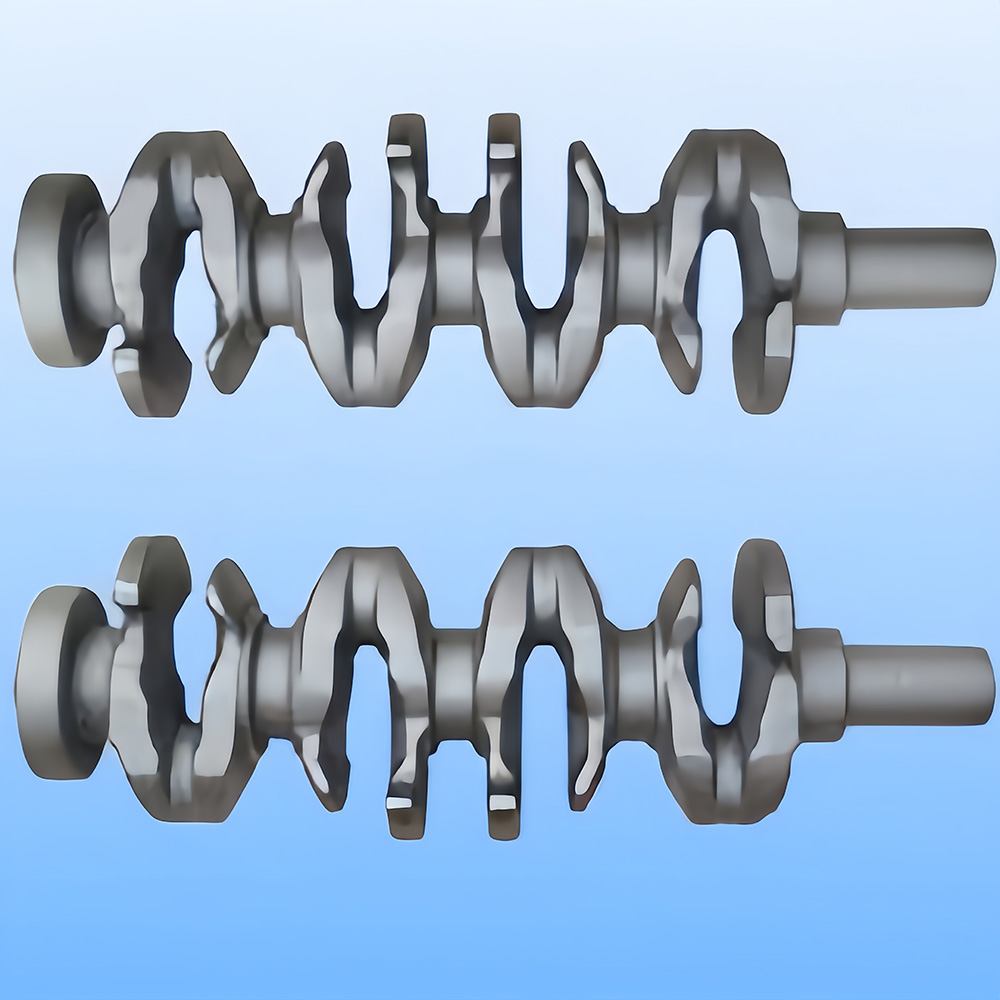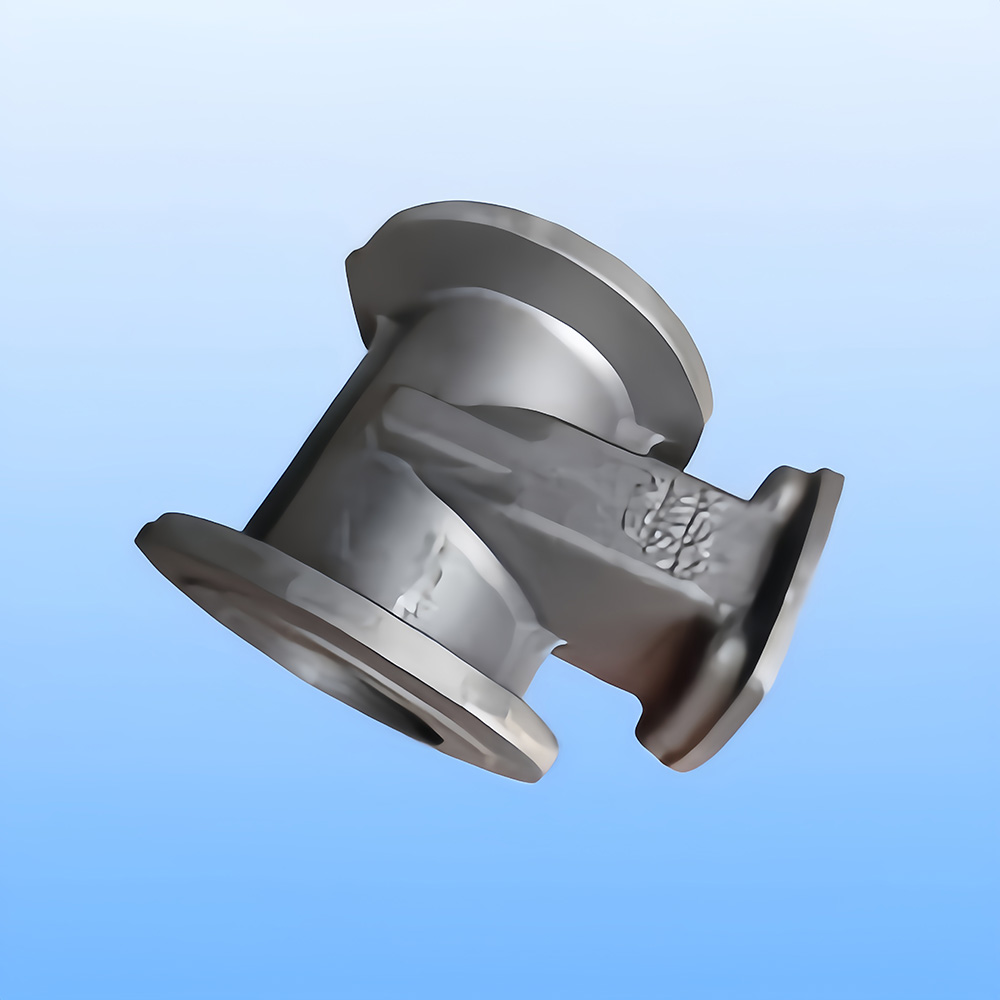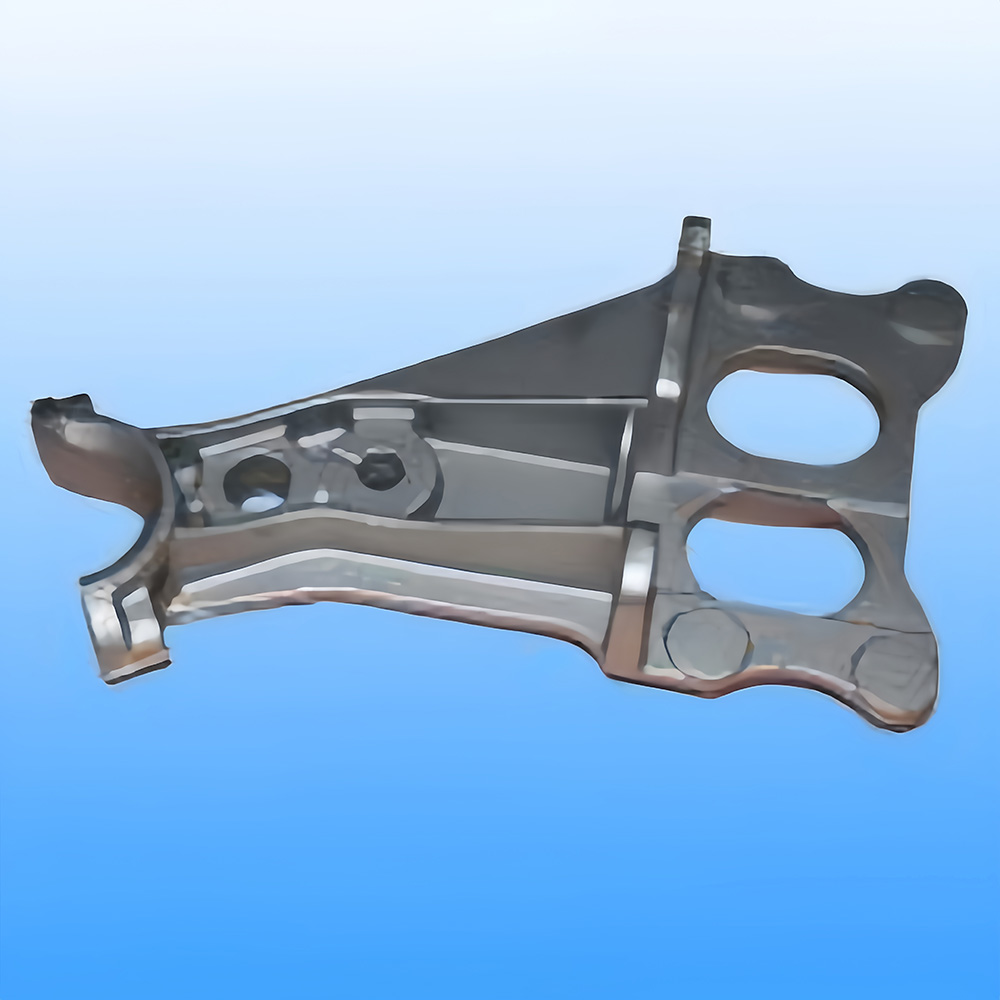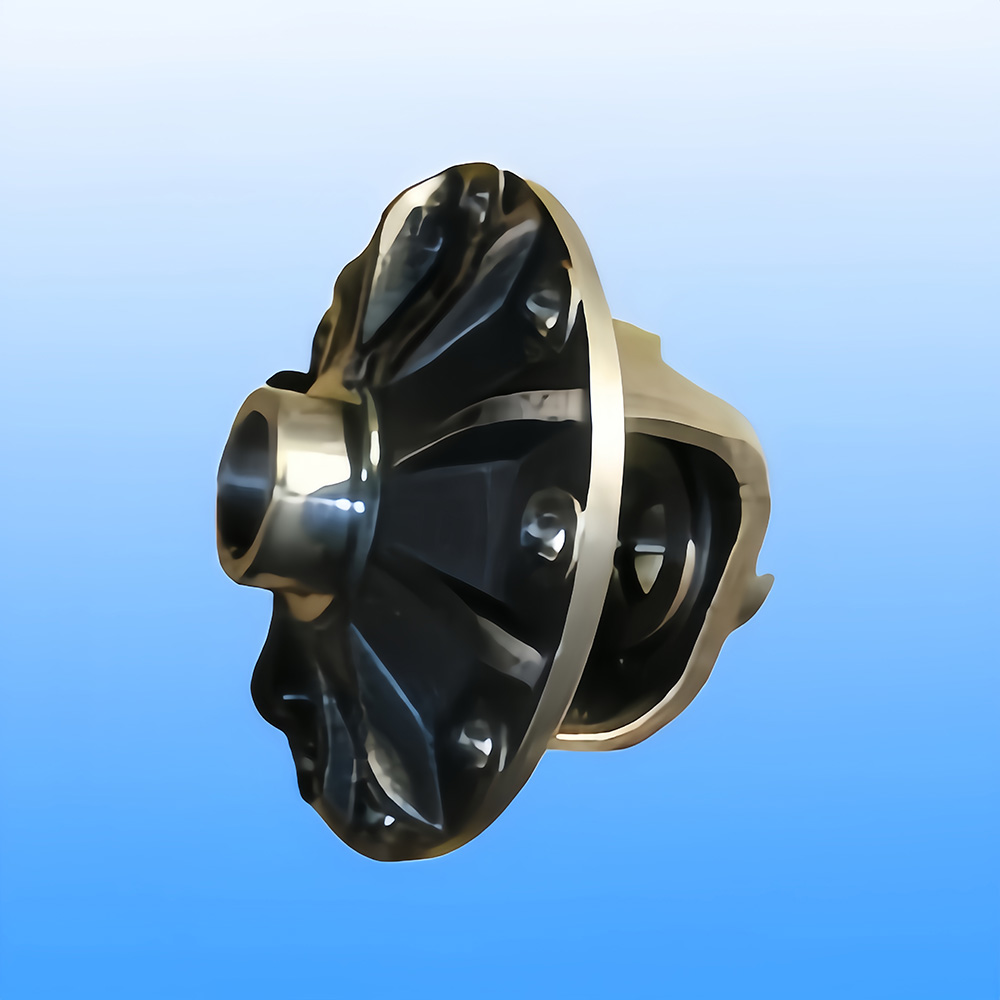Does the casting process affect product quality?
There are many factors that can affect the quality of a product, such as the surface roughness, surface defects, weight deviations, and deviations in the physical and mechanical properties of the casting. These factors can have an impact on the quality of the casting. Among these factors, the casting process itself plays a significant role. Let's briefly discuss some specific aspects today:
For example, the method of hot-dip tinning for cast steel components. Tin is used as a welding material to address issues such as cracks and severe porosity in welded seams. To solve these problems, an overall preheating and welding approach has been attempted, which has proven effective.
Some cast steel manufacturers use investment casting, which is capable of producing various complex products, especially high-temperature alloy castings. Investment casting allows for large-scale production, ensuring consistency among castings and avoiding residual stresses caused by machining. With high dimensional accuracy and surface finish, investment castings can significantly reduce the amount of machining required. In areas where high precision is required, minimal machining allowances are left, while some castings only require grinding and polishing, eliminating the need for machining.





